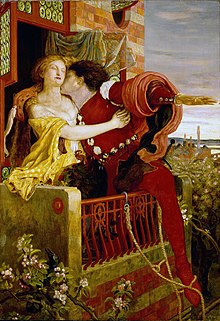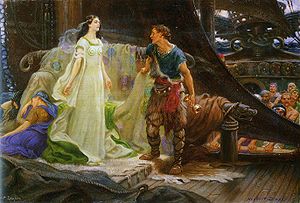- Learning Outcomes:
My goals were to, reading a play each week, research interesting topics highlighted in each play, make connections between plays and other media about the plays, post my insights and research about topics I read about and found interesting and enlightening, interact with fellow classmates, and Enjoy Shakespeare
I have read one play each week (Hamlet, Richard III, Measure for Measure, Antony and Cleopatra, and The Tempest), researched articles, analyzed characters using different critical lenses, looked up historical background, watched Antony and Cleopatra as well as 10 Things I Hate About You, posted at least twice every week, enjoyed class discussions/lectures as well as reading fellow classmate’s blogs and commenting on them.
2. Reading and Research:
Hamlet, Richard III, Measure for Measure, Antony and Cleopatra, and The Tempest have all been great plays, as well as the sonnets I’ve read. I’ve looked up a few secondary articles about different aspects of the plays (Robert B. Pierce’s article, "Being a Moral Agent in Shakespeare's Vienna), and historical context (such as the class systems during Shakespeare’s time, and the Globe Theater), as well as used some critical ‘lenses’ such as mythological and archetypal criticism with Jung. Reading others blogs has really helped me learn and grow, as well as just spending time and having a reason to look at the characters, the settings, the customs, imagery, speech etc. in Shakespeare’s plays.
- Links and Connections:
I’ve been bad about linking; I’ve decided I’m technologically impaired. I have set a goal to try and figure out how to actually link to things during the rest of the semester. I have mentioned other bloggers from Eng 382 in my blog, and I have referenced things, like scholarly articles I’ve read.
- Personal Impact:
It’s been really fun to look at Shakespeare. I’ve read a TON of his works, and one thing I notice that I like to do is compare and contrast different characters or pattern inside of Shakespeare’s works. There are a lot of things that are different in his plays, but a lot of things crossing and connecting as well. Learning how to engage Shakespeare critically and interact with people are lifelong skills I can use for the rest of my life, and doing so in an interesting way (like blogging, and class discussions) makes it much funner and more interesting.
- Personal Evaluation:
I get two good blogs in every week, so that is good. I try to delve into the texts and examine them. I need to work on my linking and on watching plays. I’m excited about working with Brooke to make a ‘Shakespeare movie.’ And I’m just going to make time to watch more plays. I have been enjoying reading and studying the plays, as well as looking up historical context, and even info about Shakespeare’s time – like the globe theater.
- Peer Influence:
Brooke Randell – is always interactive and doing things like the putting together the Shakespeare video. Her blog is always interesting and engaging as well, with a fun sense of humor like in, “Stop Acting Like Bohemians!”
Brooke Knutson – is constantly connecting everything she writes and reads to the outside world. Everything is explained in an easy way to understand and that makes things seem more applicable. For example, her post about the willow tree song in Othello, or her explanations of things from an actor’s point of view.
Lindsay Brock – commented on one of my posts, suggested to explain a little bit more about something I’d written. I ended up writing another post about the subject because she’d suggested that.
 Mark Antony appeals to Caesar himself and to the people's duties. Where Brutus is constantly talking about how much he loved Caesar, and why what he did was right, Antony tells everyone that he is only an unimportant man, but that Caesar's wounds will have to speak for themselves.
Mark Antony appeals to Caesar himself and to the people's duties. Where Brutus is constantly talking about how much he loved Caesar, and why what he did was right, Antony tells everyone that he is only an unimportant man, but that Caesar's wounds will have to speak for themselves.










